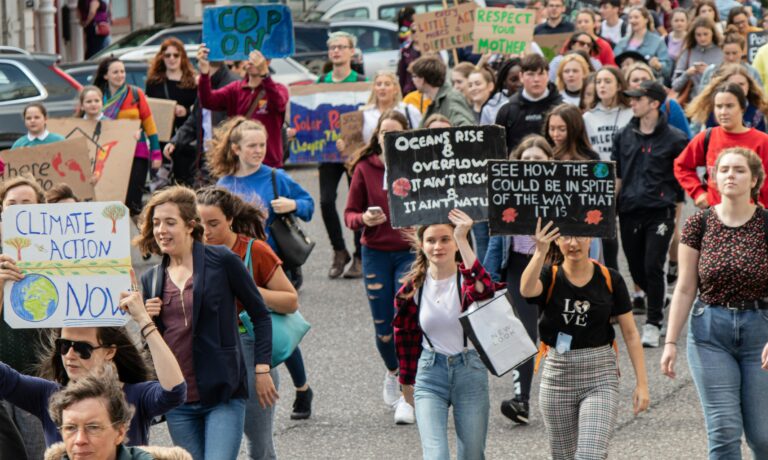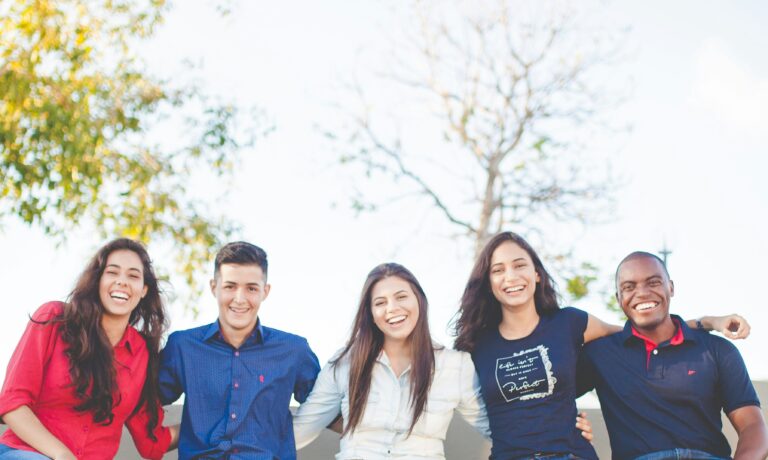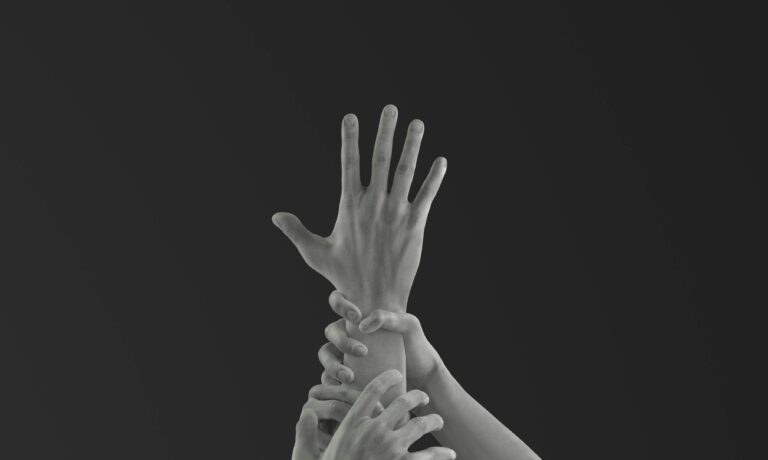Emuna Italy
Promoting the interfaith and intercultural dialogue program “EMUNA,” organized by the LUISS Institute for European Analysis and Policy (LEAP).
Starting date
28 October 2024Duration
7 monthsRealized by:
Istituto Buddista Italiano Soka GakkaiObjectives
To promote a program of interfaith and intercultural dialogue that creates a common spiritual source from which society and individuals can draw.
To organize seminars dedicated to interfaith training and to support scientific research activities on the relationships between institutions and religious communities.
The LUISS Institute for European Analysis and Policy (LEAP) in Rome is organizing in Italy the interfaith training program EMUNA, a project fostering interfaith and intercultural dialogue. It parallels successful initiatives in France, Belgium, and the Netherlands, where representatives of Judaism, Christianity, Islam, Buddhism, and secular cultural leaders, in their diversity, have shown a shared commitment to establish an interfaith and intercultural dialogue program.
“Emuna” is a word of Semitic origin, similar to the corresponding terms “Amen” and “Amana,” stemming from a common root shared across various spiritual traditions. It means “faith, loyalty, spirituality,” and is conceived as an invitation to seek new spiritual frameworks or foundations upon which a society can be built, symbolizing a common spiritual source accessible to all humanity.
The Italian and European Buddhist Institute Soka Gakkai is among the founding members of EMUNA’s Scientific Committee.
LUISS LEAP has established an Observatory on Europe: Religions and Other Cultures (EURECA), aimed at developing scientific research activities on political, economic, legal, and institutional relations at the Italian and European levels among society, religious communities, and other cultures.
Research seminars will be conducted by faculty members with demonstrated excellence in relevant scientific fields. During the 2024-2025 academic year, the first series of 15 seminars will be held, involving around 20 participants.



